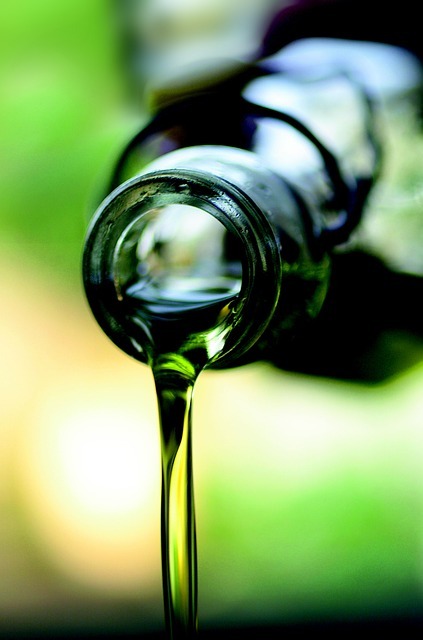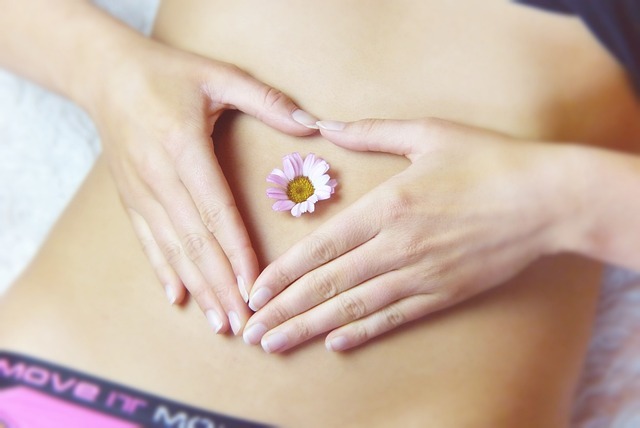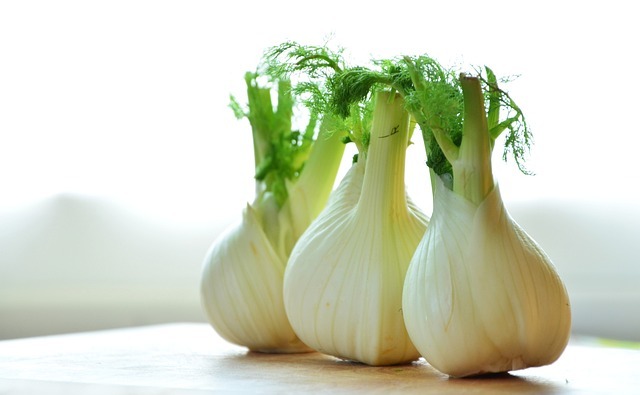
The Gut Brain Axis
You’re no doubt familiar with phrases such as ‘I have a gut feeling about this’ or saying ‘I have butterflies in my stomach’ if you happen to be feeling a bit nervous. But why is this? Well, it’s all down to the intricate gut brain axis.
Have a look at the video above if you’d like to learn a quick and easy technique to help you feel more relaxed in an instant.
The more that scientists discover about the microbiome AKA the population of ‘friendly’ bacteria which reside in our guts, the more it’s becoming clear that it is indeed our ‘second brain’.
The nervous system throughout the gut is termed the enteric nervous system. This is a system of nerves – more nerves even than the spinal cord – which is totally separate from the rest of our nervous system.
The enteric nervous system – key to the gut brain axis
The enteric system is believed to be behind the mechanics of food digestion and controls blood flow and other secretions. Although it doesn’t have thoughts or anything like that, the enteric system is in constant communication with our brain via the vagus nerve. The vagus nerve is continually sending information both ways from the gut to the brain and back again. This is one of the main components of the gut brain connection.
The microbiome
Another part of the gut-brain axis involves the bacteria within our microbiome that produce substances which are great influencers on our mood –
Serotonin – this is your neurotransmitter which makes you feel happy, a large proportion of which is produced in the gut. You need healthy levels of serotonin for optimal gut function, and to help avoid constipation and diarrhoea. Emph different actions in brain and gut.
GABA – this neurotransmitter helps control feelings of anxiety and fear.
SCFAs – Short chain fatty acids. Your gut microbes produce these, and amongst other things they reduce feelings of hunger.
If you’d like to learn more about eating to soothe your gut, I’d highly recommend downloading my online course The Ultimate Gut Health Programme to help support your digestive system whilst avoiding triggering symptoms.
It’d be impossible to include all you need to know in one blog, but the programme will have all you need to know to ensure you’re soothing your digestive system, whilst eating delicious and filling foods.
So it’s not surprising then that the microbiome has been linked to symptoms such as depression. Researchers have studied extensively the link between irritable bowel syndrome and depression (because there definitely is a very strong link) and have noted great improvements in patients who were given probiotics. As their gut health improved, so did their mental well being.
So how to keep your gut, and therefore your gut brain axis, healthy?
1. Avoid Processed Foods
People who eat a wide variety of plant-based whole foods have a much healthier and diverse range of good bacteria throughout their guts. Ultra processed foods with added sugar and artificial sweeteners can really impact your microbiome in a negative way, so definitely aim to keep these foods to a minimum.
2. Eat Probiotics
If you start to add fermented foods to your diet one of the first things you may notice is an upsurge in your mood!
So aim to enjoy plenty of servings of kefir, sauerkraut or kimchi regularly. If you haven’t eaten these foods before ensure you go very slowly to start with, to avoid any die-off reaction. If you suspect you may have a yeast infection ensure your infection is under control first, before adding fermented foods to your diet.
3. Avoid Gluten
Many people find that if they avoid gluten-containing foods their anxiety levels gradually start to slide too. If you can’t face the thought of never having a slice of toast again, maybe try sourdough. Although it does contain gluten, many find it’s much better tolerated than a normal loaf.
Although if you’re coeliac, or very sensitive to gluten you’ll need to avoid it totally.
4. Eat Healthy Fats
Healthy fats are essential for many aspects of your health, not least for your brain. Olive oil for example will help with your brain and cognitive function. Oily fish will help with this too, as well as control inflammation throughout your body. Avocado will give you a great mood boost and help with your digestion.
Don’t avoid high fat foods because you think they’ll make you fat! You definitely need plenty of healthy fat for your hormones, brain and skin.
5. Eat foods high in B-vitamins –
Dark green leafy veg, nuts, seeds, beans and lentils.
These ensure you have healthy levels of neurotransmitters. Vitamin B6 helps with the production of serotonin and neurotransmitters, healthy B6 levels are associated with a positive mood and reducing stress naturally. It’s also been proven to effectively treat mood disorders like depression.
6. Eat Nuts
Nuts such as walnuts, cashews and almonds are rich in serotonin. If you find nuts too harsh on your digestion, try soaking them for a few hours first – this way they can be easily added to smoothies, or alternatively add them to an overnight oats recipe.
Seeds such as sesame seeds will also help with your mood as they contain an amino acid called tyrosine which is known to boost dopamine levels.
PS: The Ultimate Gut Health Programme includes plenty of inspiration on how to eliminate foods safely, to optimise your gut health, with meal plans, recipes and video lessons.
If you would like to speak to me about any aspect of your gut health, including testing options, then please use this link to book into my diary for a FREE 30 minute chat so I can find out more about what is going on for you. Alternatively please use the ‘Learn More’ link below.
Free Mini Programme
Would You Like to Learn How to Fix Your Digestive Symptoms, Beat the Bloat and Feel Amazing?
1:1 Coaching Plans
Get Ready to Permanently Beat the Bloat, Soothe Your Digestion and Feel Amazing
Ultimate Gut Health Programme
Delicious, Filling & Inspiring ways to Become Symptom-Free, Soothe Your Gut and Enjoy Your Food Again!



























